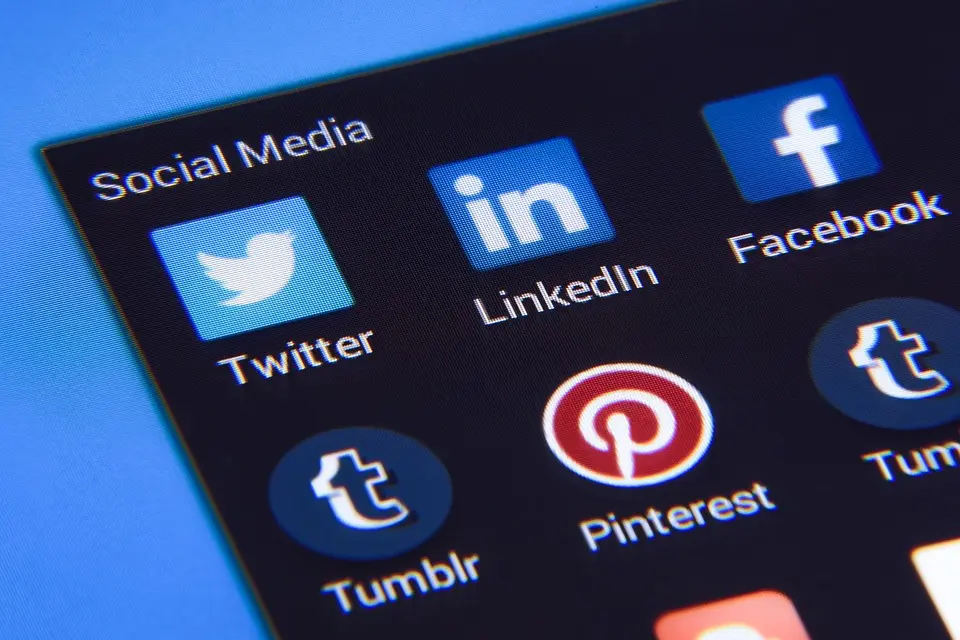Facebook and Twitter are the two “heavyweights” of social media, but there’s really no way to determine which is better because each has their advantages for different scenarios. One thing is definite: People consider Facebook and Twitter to be better than Google+ for business marketing. Beyond that, though, the best answer for choosing between Facebook and Twitter is simply, “It depends.”

(Pixabay / Photo-Mix)
Picking an obvious preference is like saying Coca-Cola is better than Pepsi or iOS is better than Android. It all comes down to preference. Marketers should choose the better platform based on the specific needs and goals of their business.
Facebook and Twitter have been popular since the early days of social media. They have survived in a tumultuous field by adapting to the changing needs of the times. Facebook leads all other social networking sites in terms of number of users, and its advantage over the rest of the pack is not likely to change any time soon. Twitter, however, should not be counted out yet. It still maintains its own impressive statistics. Consider the following numbers tracking the successes of these two prominent social media platforms.
Facebook Statistics
- More than 950 million active users each day
- Almost 850 million mobile users each day
- 1.5 billion active users each month
- More than 80% of users are outside of the U.S. and Canada
- 65% of users are in the 18-49 age bracket
- 65% of users have college degrees or some college education
- 32% of users belong to the $75K+ income bracket; 13% of users belong to the $50-$74.9K income bracket
- 34% of users live in urban areas; 50% of users live in the suburbs
Twitter Statistics
- 316 million users monthly
- 80% active mobile users
- 77% of users are outside of the U.S.
- 500 million tweets sent each day
- 81% of users are in the 18-49 age bracket
- 70% of users have college degrees or some college education
- 34% of users belong to the $75K+ income bracket; 16% of users belong to the $50-$74.9K income bracket
- 43% of users live in urban areas; 46% of users live in the suburbs
Demographics
Facebook users tend to belong to an older demographics as compared to the users of Twitter. The majority of Twitter users are under 40 years of age. Take into consideration also that content moves a lot faster with Twitter as the younger generation consumes information bits quickly. This often makes Twitter a good tool for brand marketing.
Added to this is the difference in the income brackets of the users of the two platforms. Twitter users often have more disposable income compared to Facebook users, which means that they have greater spending power.
Comparing the platforms’ demographics and respective strengths and weaknesses against your business needs can help you determine which platform will be a better fit for your marketing efforts.